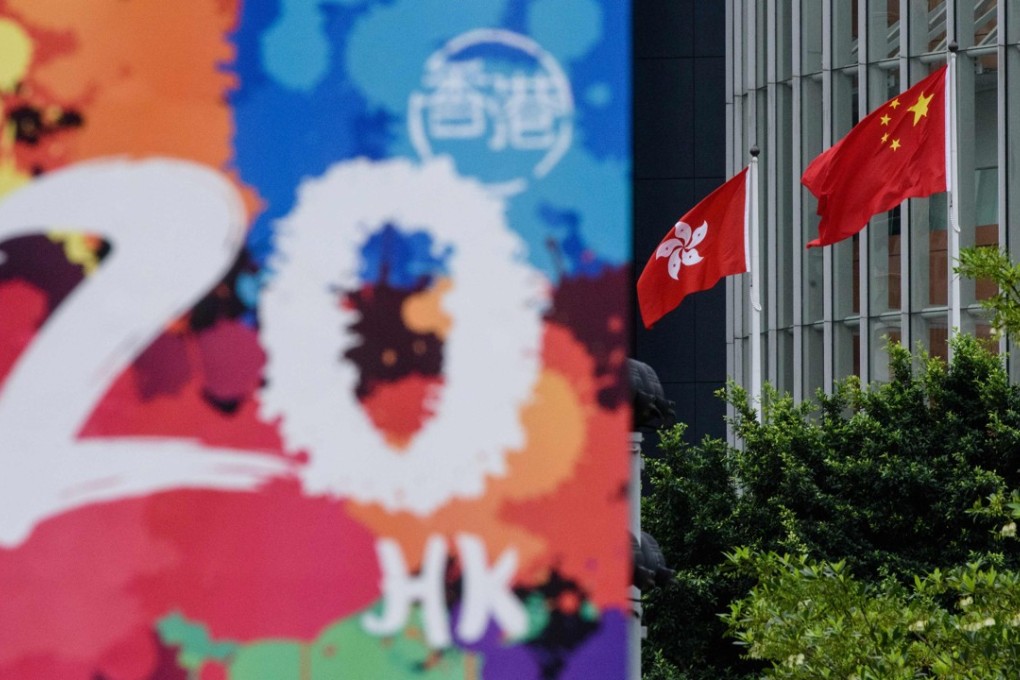Advertisement
It’s time to resolve conflicts over ‘one country, two systems’
As Hong Kong celebrates the 20th anniversary of its return to Chinese sovereignty, differences over the core principle of governance remain
Reading Time:2 minutes
Why you can trust SCMP
0

The question of how Hong Kong should develop under the “one country, two systems” formula has again been brought up by state leaders. This is to be expected as the city marks the 20th anniversary of its return to Chinese sovereignty. While the principles expounded are not startling, they underline Beijing’s growing concerns over the city’s development.
The latest remarks by Zhang Dejiang (張德江), chairman of the National People’s Congress, are the most comprehensive summary yet of “the accurate” understanding of the relationship between Beijing and the special administrative region.
The nation’s third-highest ranking official warned that the city must not use the “high degree of autonomy” that it had been given to challenge state sovereignty. He reiterated that the central government had a wealth of powers over the city, such as directing the chief executive, removing public officials and vetting legislation. He also told judges to learn the Basic Law, dismissing the concept of the legislature and the judiciary keeping the executive branch in check, as in the case in some Western nations.
The lines are similar to those in a 2014 State Council white paper, which was aimed at clarifying what was said to be misunderstanding of the one country, two systems principle. But what sets it apart this time is that it comes on the eve of the SAR’s 20th anniversary.
Advertisement
Select Voice
Choose your listening speed
Get through articles 2x faster
1.25x
250 WPM
Slow
Average
Fast
1.25x